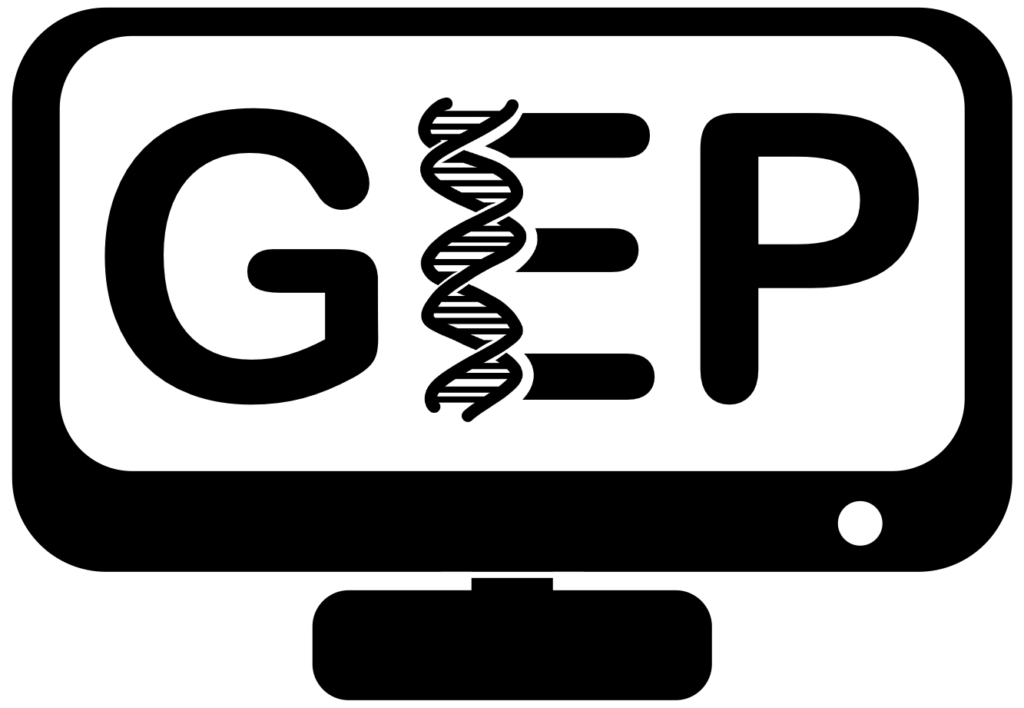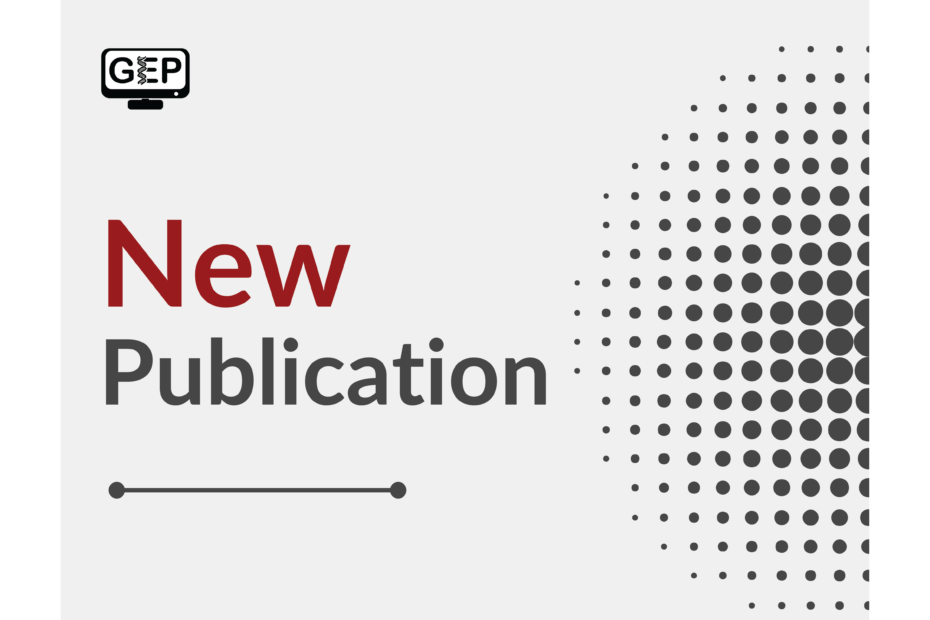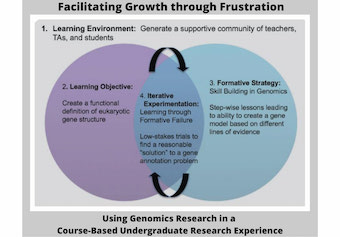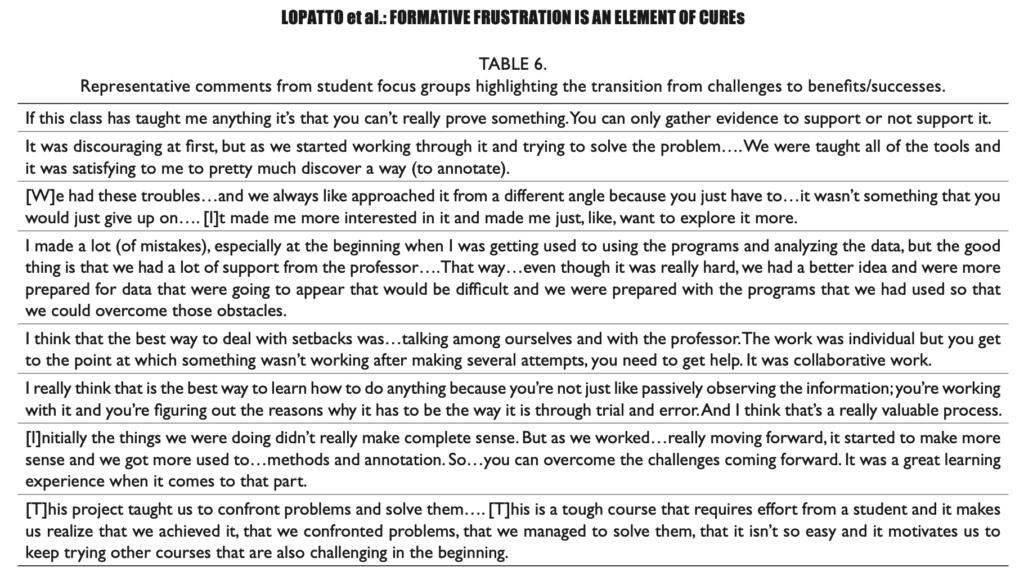New GEP Publication on Supporting the Democratization of Science During a Pandemic
Abstract
The initial phase of the COVID-19 pandemic changed the nature of course delivery from largely in-person to exclusively remote, thus disrupting the well-established pedagogy of the Genomics Education Partnership (GEP; https://www.thegep.org). However, our web-based research adapted well to the remote learning environment. As usual, students who engaged in the GEP’s Course-based Undergraduate Research Experience (CURE) received digital projects based on genetic information within assembled Drosophila genomes. Adaptations for remote implementation included moving new member faculty training and peer Teaching Assistant office hours from in-person to online. Surprisingly, our faculty membership significantly increased and, hence, the number of supported students. Furthermore, despite the mostly virtual instruction of the 2020–2021 academic year, there was no significant decline in student learning nor attitudes. Based on successfully expanding the GEP CURE within a virtual learning environment, we provide four strategic lessons we infer toward democratizing science education. First, it appears that increasing access to scientific research and professional development opportunities by supporting virtual, cost-free attendance at national conferences attracts more faculty members to educational initiatives. Second, we observed that transitioning new member training to an online platform removed geographical barriers, reducing time and travel demands, and increased access for diverse faculty to join. Third, developing a Virtual Teaching Assistant program increased the availability of peer support, thereby improving the opportunities for student success. Finally, increasing access to web-based technology is critical for providing equitable opportunities for marginalized students to fully participate in research courses. Online CUREs have great potential for democratizing science education.
Journal of Microbiology and Biology Education 24.3 (2023): e00039-23.



